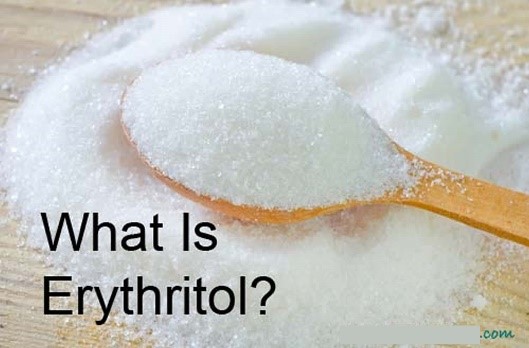Free Courses Sale ends Soon, Get It Now


Free Courses Sale ends Soon, Get It Now



Disclaimer: Copyright infringement not intended.
Context
Erythritol
Natural Occurrence and Production
Uses
Research Findings
Final Thought
|
PRACTICE QUESTION Q) What is Erythritol? a. Pesticide. b. Artificial Sweetener. c. Drug to treat HIV. d. Chemical to break down the oil into smaller droplets. I. a II. b III. c IV. d Answer: Option II |
© 2024 iasgyan. All right reserved